9 Health Benefits Of Edamame You Must Know
Savor the power-packed goodness of this small vegetable with big health benefits.

Image: Shutterstock
East Asians enjoy edamame as a snack. These beans are high in protein and packed with nutrients. Edamame benefits extend beyond its gluten-free status. These immature soybeans are low in calories, have no cholesterol, and can be eaten raw.
The nutrition content of edamame makes it a healthy food. The beans have a rich nutritional profile and improve cardiovascular health. Moreover, they can lower cancer risk and regulate blood sugar levels. We explore edamame’s health benefits, nutrition facts, and possible side effects in this article. Take a look.
In This Article
What Is Edamame?
Edamame beans were first cultivated in China about 7,000 years ago. These green immature soybeans are available in two forms — beans and pods. Unripe soybeans are sweeter and can be added to salads or soups. They are easy to cook and sold frozen, fresh, or in the pod. Edamame is a staple side dish in Japan.
 Trivia
TriviaScroll down to know more about the nutritional profile of edamame.
Key Takeaways
- Edamame can help improve cardiovascular health, regulate blood sugar levels, reduce menopausal symptoms, and minimize bone loss.
- The antioxidant properties of the isoflavones present in edamame may prevent the growth of cancer cells and reduce the risk of cancers.
- People with soy allergies should not consume edamame as it may cause diarrhea, stomach cramps, and constipation.
Nutrition Facts Of Edamame
According to the U.S. Department Of Agriculture, a cup (155g) of frozen edamame contains (1):
| Calories | 188 |
| Protein | 18.4g |
| Fat | 8.06g |
| Carbohydrate | 13.8g |
| Fiber | 8.06g |
| Iron | 3.52 mg |
| Copper | 0.535 mg |
| Manganese | 1.58 mg |
| Thiamin | 0.31 mg |
| Riboflavin | 0.24 mg |
| Folate | 482 µg |
Edamame is high in protein and helps maintain optimal health. Here are the health benefits of edamame.
Health Benefits Of Edamame
1. May Improve Cardiovascular Health
Studies state that foods rich in soy protein lower cholesterol. The bioactive compounds in soybeans may help reduce the risk of cardiovascular diseases (2). A study by Veterans Affairs Medical Center, Lexington, on laboratory animals found that consuming soy protein decreases serum cholesterol levels (3). Soy products are high in vitamins, fiber, minerals, and polyunsaturated fats that help improve cardiovascular health (4). Soy isoflavones may also help prevent atherosclerosis (buildup of fats on the artery walls) (5).
2. May Regulate Blood Sugar Levels
Soy isoflavones and proteins may help regulate blood sugar levels (6). Thus, taking soy products may reduce type 2 diabetes risk. A study by Physicians Pharmaceuticals, Inc., USA, found that foods low in glycemic index (GI) values, like soy products, may control blood glucose and insulin levels (7). However, more studies are needed to understand this benefit of edamame in humans.
3. May Have Anticancer Potential
Isoflavones in soy products, like genistein, have antioxidant properties that prevent the growth of prostate cancer cells. Thus, isoflavone-rich foods may reduce the risk of prostate cancer (8). A review published in Nutrients suggests that taking unfermented soy products may also reduce prostate cancer risk (9). Besides, taking a high dose of isoflavones may lower the risk of breast cancer too (10). However, more studies are warranted to understand this benefit of edamame.
4. May Reduce Menopausal Symptoms
A review published in the Journal of Medicinal Food suggests that soy isoflavone intake may help menopausal women (11). A pilot study showed that women who had isoflavone-rich food for 12 weeks reported fewer menopausal symptoms (12). Another study on 51 women saw rates of hot flashes and night sweats drop by 57% and 43% respectively. They received 60 mg of isoflavones daily (13).
5. May Reduce Bone Loss
Consuming traditional and whole soy, including edamame, may help reduce bone loss risk (14). A study by the National Institute of Health and Nutrition, Japan, found that soy isoflavones may have beneficial effects on bone loss (15). However, more research is warranted in this regard. As for postmenopausal women, a study found that isoflavone phytoestrogen genistein reduces bone loss (16).
6. May Improve Cognitive Function
Soy isoflavone supplements may improve cognitive function and visual memory in postmenopausal women (17). They may also slightly benefit people with Alzheimer’s disease, though more thorough studies are warranted (18). The folate in edamame may act as an anti-depressant (19).
7. May Help Reduce Weight
Edamame is rich in fiber and protein, which help in the process of thermogenesis. It keeps you satiated as it contains good fats.
Consuming soy proteins and their isoflavones may help reduce weight. A review published in International Journal of Medical Sciences suggests that soy proteins have a beneficial effect on obesity (20).
8. May Reduce Skin Cancer Risk
As per animal studies, the genistein (soy-derived isoflavone) in edamame may help improve skin elasticity and reduce skin cancer risk (21). However, more studies are needed to prove this claim.
9. May Help With Inflammation
Edamame is a great source of protein and dietary protein, especially plant-based. Dietary protein has been scientifically shown to help reduce the risk or burden of inflammation in aging individuals (22). It can also help maintain lean mass, strengthen the muscles and physical functions, and fight oxidation and its subsequent adverse effects. Therefore, it is a great food option for those looking to increase their protein intake for well-balanced health. However, it is important to note that it must be consumed in moderation as the excessive consumption of edamame and other plant-based proteins is also known to worsen inflammatory conditions.
As a kind of soybean, understanding soybeans’ benefits in addition to edamame’s benefits will be really fruitful for making a conscious food choice. Now that you know the health benefits of edamame, here are three simple recipes you can try in your kitchen.
3 Simple Edamame Recipes To Try
1. Edamame DipWhat You Need
- Frozen edamame – 1 bag (12 ounces)
- Extra virgin olive oil – 3 tablespoons
- Peeled garlic cloves – 2
- Juiced lemon – 1
- Fresh basil or cilantro – 1 tablespoon (optional)
- Salt and pepper – to taste
- Pita chips, crackers, and/or veggies – for dipping
Process
- Add frozen edamame to a pot with boiling water.
- Cook until tender, for about 5 minutes.
- Save about ½ a cup of the cooking water and drain the rest.
- Add the cooked edamame to a food processor with olive oil, garlic cloves, and lemon juice.
- Process the mixture, slowly adding some of the reserved cooking water until the dip reaches its desired thickness.
- Add basil or cilantro (if using) and some salt and pepper.
- Continue to process until the mixture is smooth.
- Transfer it to a serving bowl and serve with pita chips, crackers, and/or fresh vegetables.
 Quick Tip
Quick Tip2. Edamame, Cranberry, And Feta Salad
What You Need
- Frozen shelled edamame – 2 cups
- Extra virgin olive oil – 1 tablespoon
- Dried cranberries – 2 cups
- Crumbled feta cheese – 1 cup
- Freshly grated pepper – to taste
Process
- Defrost edamame in the microwave and allow it to cool completely.
- Toss edamame and cranberries together with olive oil and pepper until combined.
- Add feta cheese and stir gently.
- Refrigerate until ready to serve.
3. Edamame HummusWhat You Need
- Shelled edamame – 1 ½ cups
- Tahini – 1/3 cup
- Extra virgin olive oil – 3 tablespoons
- Lemon juice – 1/3 cup
- Roughly chopped garlic – 1 (medium)
- Fine-grain sea salt – ½ teaspoon
- Lightly packed fresh cilantro leaves – ½ cup
- Water – 2 to 4 tablespoons
- Sesame seeds – for garnish (optional)
Process
- Combine tahini, lemon juice, olive oil, garlic, and salt.
- Process the mixture for about 1½ minutes in a food processor or high-powered blender.
- Add cilantro and process for about a minute until the mixture is smooth.
- Add half of edamame, two tablespoons of water, and process for a minute.
- Scrape down the bowl and add the remaining edamame. Process until the hummus is thick and smooth (about 1 to 2 minutes more).
- If your hummus is too thick or chunky, drizzle1 to 2 tablespoons of water. Run the food process or until it reaches the desired consistency.
- Taste and add more salt if the hummus doesn’t taste good yet.
- Scrape the hummus into a small serving bowl. If desired, lightly drizzle olive oil over the top and sprinkle additional cilantro leaves and a few sesame seeds.
Shital, a cooking and food blogger, shared a new recipe with edamame and soy beans. She says, “I love edamame!! Getting addicted to something that is nutritious is rare, but it is possible. With edamame potatoes, and soy beans being handy at home, adding complete protein to our meals is getting easier and interesting too (i).”
These are some easy and delicious recipes of edamame. But some people may be allergic to edamame. It also may cause some side effects. Scroll down to know in detail.
Avoid Edamame If You Have Soy Allergy
Edamame is considered safe for most people. However, people with soy allergies should not eat edamame. These allergies are common in infants and children (23). Some people may experience diarrhea, stomach cramps, and constipation (24). However, research is limited in this aspect.
If you are allergic to soy foods, try eating lima beans, green peas, and fresh fava.
Edamame or immature green soybeans make a tasty snack. They are nutrient-dense, are good protein sources, and have fewer calories. This rich nutritional profile also includes antioxidants, vitamins, and minerals. Edamame’s benefits range from boosting cognitive function to reducing bone loss risk. It may help manage diabetes and weight loss as well. Moreover, edamame is heart-healthy because it lowers cholesterol levels and prevents fat buildup in blood vessels. However, when used in excess, it can cause problems. It may trigger allergies or lead to diarrhea, cramps, or constipation. If you experience any adverse effects, limit its use and seek medical advice.
Frequently Asked Questions
Is it OK to eat edamame every day?
Yes, edamame can be consumed daily. One cup of edamame daily is considered safe for consumption.
Is edamame good for gut health?
Yes, edamame is good for gut health. It is rich in fiber, which aids in promoting gut health.
Discover the nutritional profile of edamame beans by watching this video! Uncover the multitude of benefits packed in these vibrant green pods, from being a protein-rich superfood to promoting heart health, making these beans a must-add to your diet.
Personal Experience: Source
StyleCraze's articles are interwoven with authentic personal narratives that provide depth and resonance to our content. Below are the sources of the personal accounts referenced in this article.
(i) Edamame Undhiyuhttps://shitals-kitchen.blogspot.com/2016/03/edamame-undhiyu.html
References
Articles on StyleCraze are backed by verified information from peer-reviewed and academic research papers, reputed organizations, research institutions, and medical associations to ensure accuracy and relevance. Read our editorial policy to learn more.
- Edamame frozen prepared
https://fdc.nal.usda.gov/fdc-app.html#/food-details/168411/nutrients - Beyond the Cholesterol-Lowering Effect of Soy Protein: A Review of the Effects of Dietary Soy and Its Constituents on Risk Factors for Cardiovascular Disease
https://www.ncbi.nlm.nih.gov/pmc/articles/PMC5409663/ - Meta-analysis of the effects of soy protein intake on serum lipids
https://pubmed.ncbi.nlm.nih.gov/7596371/ - Soy protein isoflavones and cardiovascular health: an American Heart Association Science Advisory for professionals from the Nutrition Committee
https://pubmed.ncbi.nlm.nih.gov/16418439/ - Effects of soy isoflavones on atherosclerosis: potential mechanisms
https://pubmed.ncbi.nlm.nih.gov/9848505/ - Soy intake and risk of type 2 diabetes mellitus in Chinese Singaporeans
https://www.ncbi.nlm.nih.gov/pmc/articles/PMC3480546/ - Soy foods have low glycemic and insulin response indices in normal weight subjects
https://pubmed.ncbi.nlm.nih.gov/17192192/ - The Science of Soy: What Do We Really Know?
https://www.ncbi.nlm.nih.gov/pmc/articles/PMC1480510/ - Soy Consumption and the Risk of Prostate Cancer: An Updated Systematic Review and Meta-Analysis
https://www.ncbi.nlm.nih.gov/pmc/articles/PMC5793268/ - Meta-analysis of soy intake and breast cancer risk
https://pubmed.ncbi.nlm.nih.gov/16595782/ - Soy Isoflavones and Osteoporotic Bone Loss: A Review with an Emphasis on Modulation of Bone Remodeling
https://www.ncbi.nlm.nih.gov/pmc/articles/PMC4717511/ - The Effect of Soy Isoflavones on the Menopause Rating Scale Scoring in Perimenopausal and Postmenopausal Women: A Pilot Study
https://www.ncbi.nlm.nih.gov/pmc/articles/PMC5713750/ - Isoflavone treatment for acute menopausal symptoms
https://pubmed.ncbi.nlm.nih.gov/17290160/ - Soy Components vs. Whole Soy: Are We Betting Our Bones on a Long Shot?
https://www.ncbi.nlm.nih.gov/pmc/articles/PMC2981009/ - Soy isoflavones for osteoporosis: an evidence-based approach
https://pubmed.ncbi.nlm.nih.gov/21958941/ - Effects of the phytoestrogen genistein on bone metabolism in osteopenic postmenopausal women: a randomized trial
https://pubmed.ncbi.nlm.nih.gov/17577003/ - Do soy isoflavones improve cognitive function in postmenopausal women? A meta-analysis
https://pubmed.ncbi.nlm.nih.gov/25003621/ - Cognitive effects of soy isoflavones in patients with Alzheimer’s disease
https://www.ncbi.nlm.nih.gov/pmc/articles/PMC4657545/ - Folate and depression—a neglected problem
https://www.ncbi.nlm.nih.gov/pmc/articles/PMC1810582/ - Role of Dietary Soy Protein in Obesity
https://www.ncbi.nlm.nih.gov/pmc/articles/PMC1838825/ - Genisteinaglycone a soy-derived isoflavone improves skin changes induced by ovariectomy in rats
https://pubmed.ncbi.nlm.nih.gov/21827449/ - Dietary Protein and Changes in Biomarkers of Inflammation and Oxidative Stress in the Framingham Heart Study Offspring Cohort
https://www.ncbi.nlm.nih.gov/pmc/articles/PMC6483052/ - Milk and Soy Allergy
https://www.ncbi.nlm.nih.gov/pmc/articles/PMC3070118/ - Colitis, persistent diarrhea, and soy protein intolerance
https://pubmed.ncbi.nlm.nih.gov/561179/
Read full bio of Garima Singh
Read full bio of Sindhu Koganti
Read full bio of Ravi Teja Tadimalla
Read full bio of Himanshi Mahajan








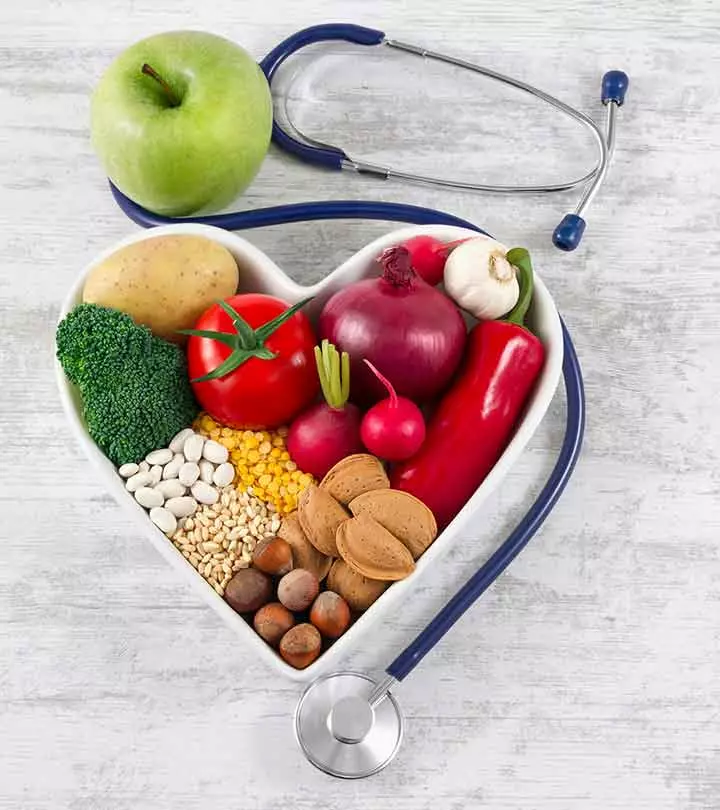
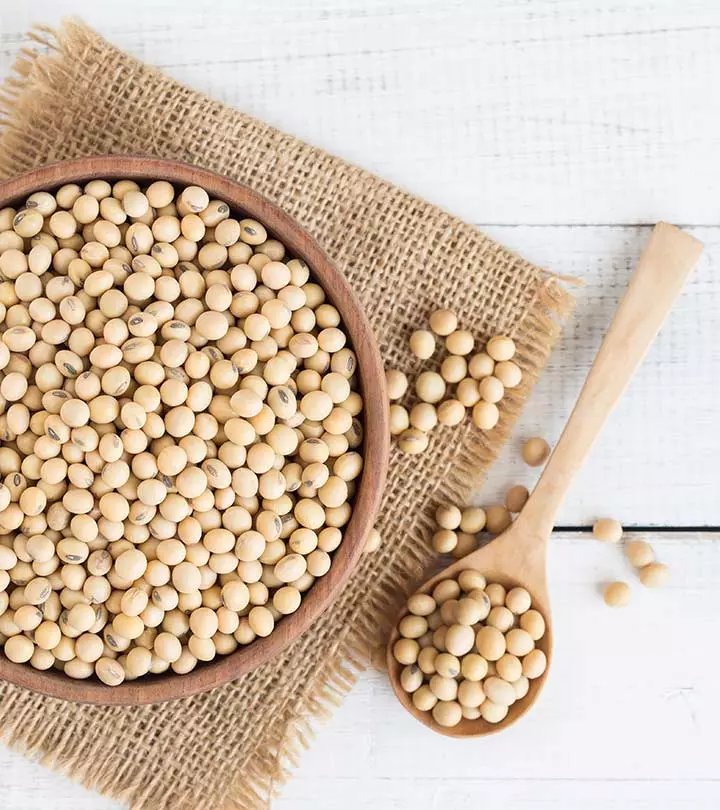
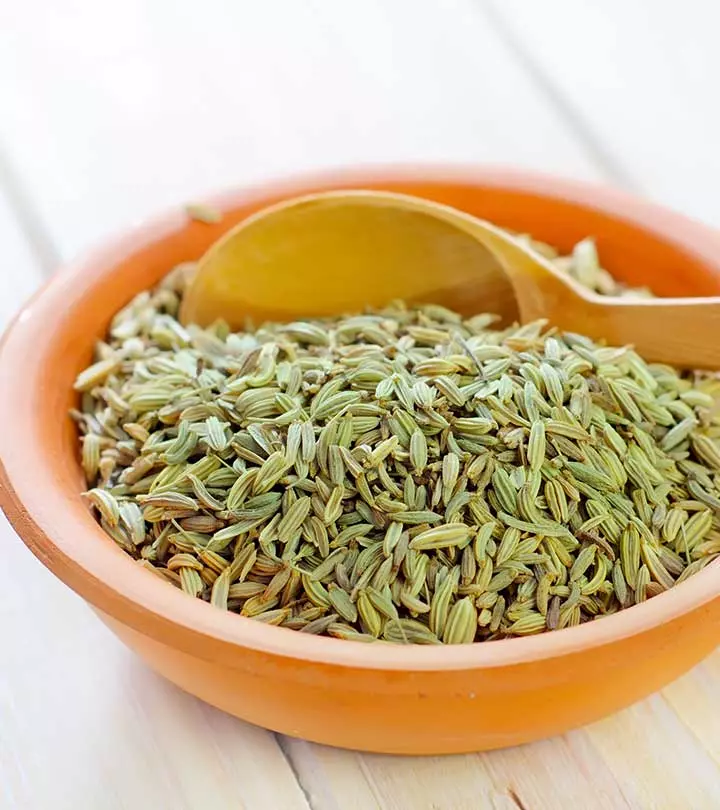

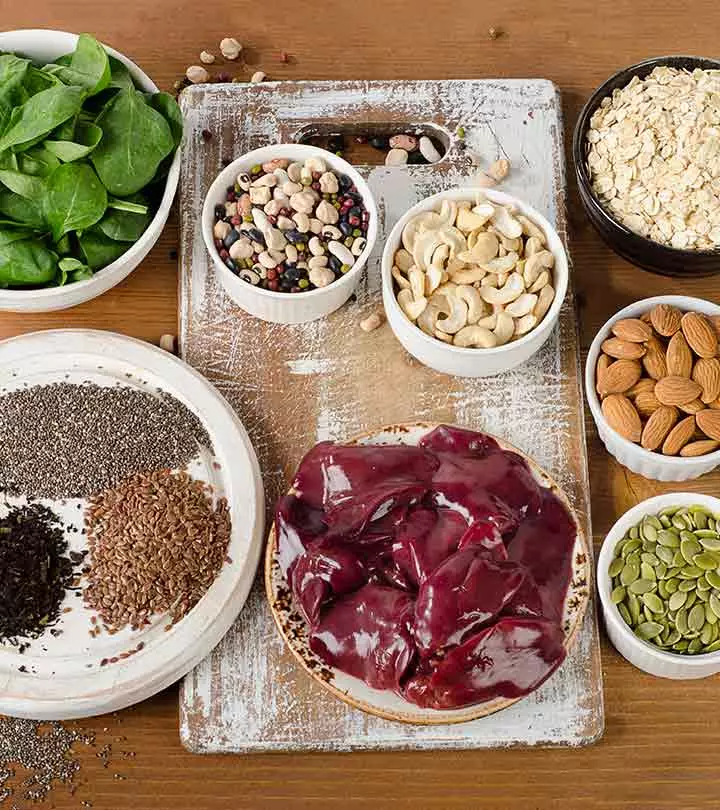





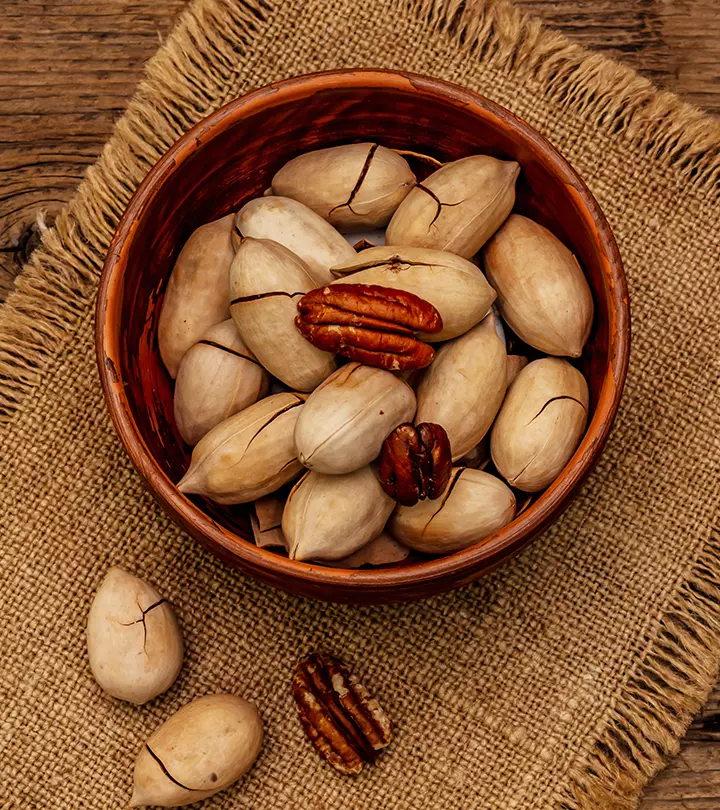





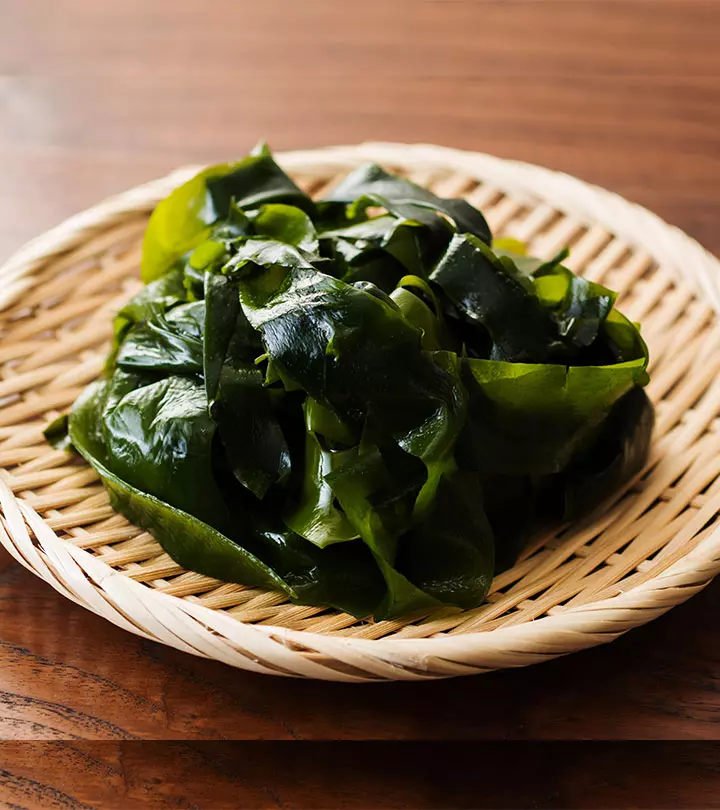

Community Experiences
Join the conversation and become a part of our empowering community! Share your stories, experiences, and insights to connect with other beauty, lifestyle, and health enthusiasts.